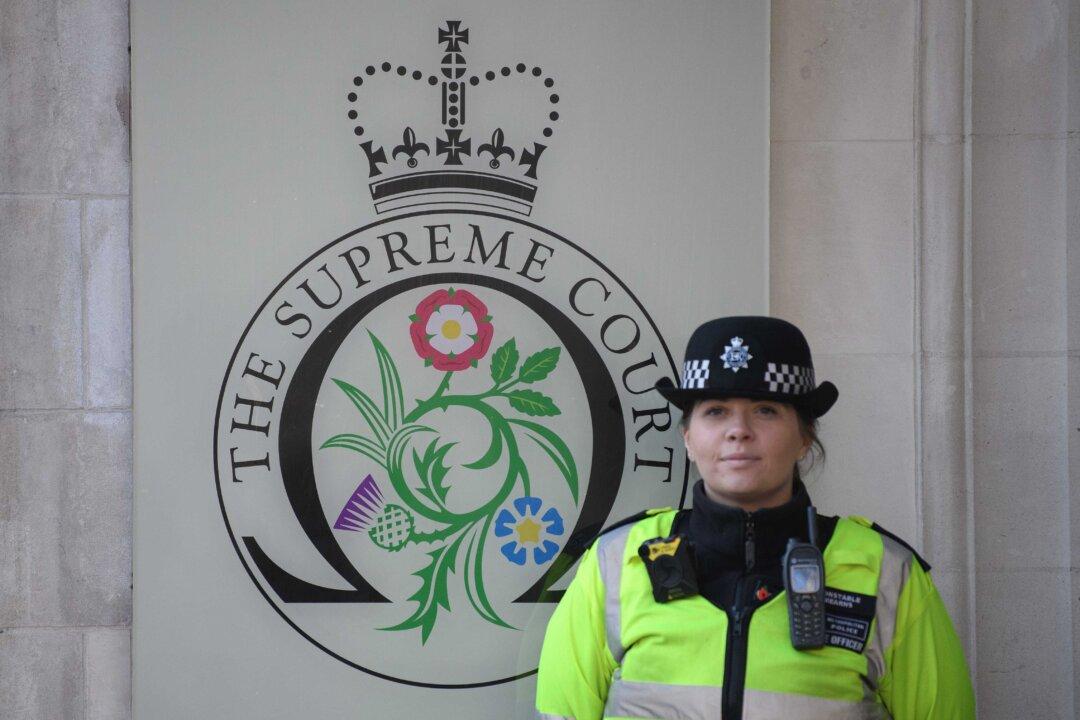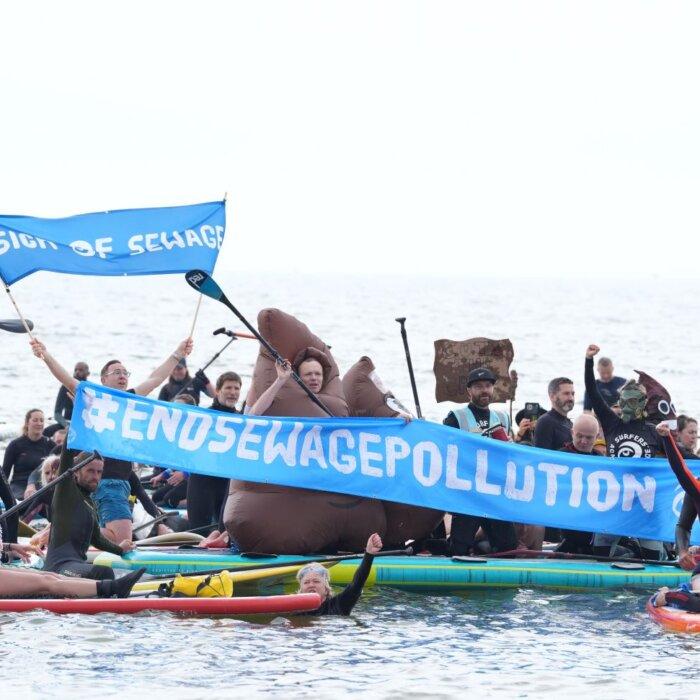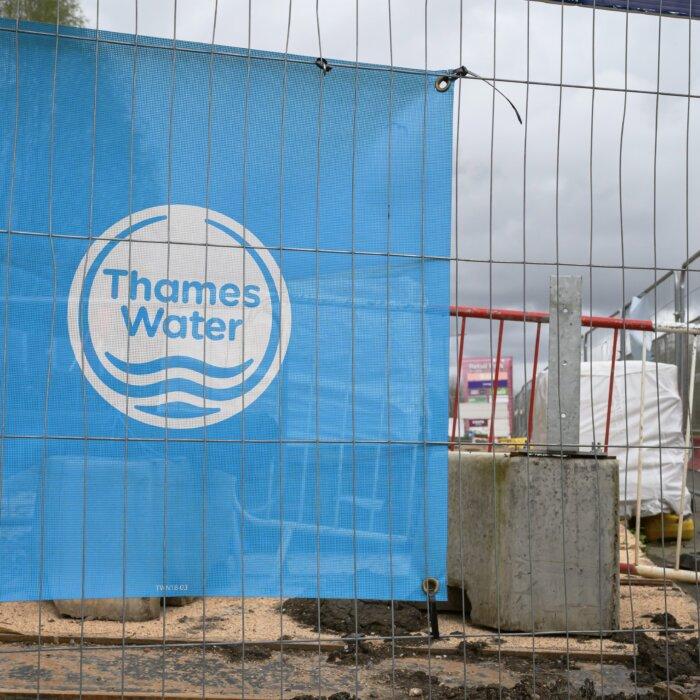A panel for Supreme Court judges ruled that existing legislation doesn’t prevent the Canal Company from bringing a claim against private sewerage undertaker United Utilities.
Serving the north west of England, United Utilities is a private company that has been in a long-running legal battle with the Canal Company. The case centres around discharges of foul water contaminated with untreated sewage into the waterway linking Manchester to the Irish Sea.
The Manchester Ship Canal Company is owned by the Peel Group, an infrastructure and property investment business, based in Manchester. Its estate extends to 13 million square feet of buildings, and over 33,000 acres of land and water.
The United Utilities sewerage network includes around 100 outfalls along the canal, from which treated waste is released into the water.
When the system operated over capacity, it discharged raw sewage into the canal, the ruling said. This could have been avoided, the court said, if United Utilities improved its infrastructure and treatment processes.
The court ruled that water and waste companies don’t have statutory authority to discharge untreated sewage into watercourses. According to the Supreme Court, the Canal Company can bring a claim in nuisance or trespass, even if there has been no negligence or deliberate misconduct on the part of United Utilities.
Legal Precedent
According to Good Law Project campaigners, the ruling sets a “watershed precedent which now breaks the shield around polluting water companies.” This means that private companies are open to a potential flood of legal action.“This is a sensational victory. It gives us stronger legal tools to turn the tide on the sewage scandal and hold water companies to account, after repeated failures from our toothless and underfunded regulators,” said Good Law Project’s interim head of legal, Jennine Walker.
The outcome the case could be a “game changer” for communities across the country, said the Environmental Law Foundation (ELF).
A United Utilities spokesperson told The Epoch Times: “We are considering the implications of the Supreme Court’s ruling and the clarification of the circumstances in which private owners could bring proceedings in respect of discharges.
“We understand and share people’s concerns about the need for change and we have already made an early start on an ambitious proposed £3 billion programme to improve over 400 storm overflows across the North West which would cut spills by 60 percent over the decade to 2030. These proposals form part of our business plan which is currently under consideration as part of Ofwat’s price review process.”
The private companies claimed that water monopolies in England were private businesses as opposed to public authorities. In that, they were to be exempt from disclosing information about the sewage they were releasing in rivers and coastal waters.
In 2015, the charity won another case that secured the public’s right to obtain environmental information from privatised water companies.
The water companies say there are good reasons for these statistics and maintain they are pumping big investment into the industry.







